Added to Cart
You have no items in your cart.
You have no items in your cart.
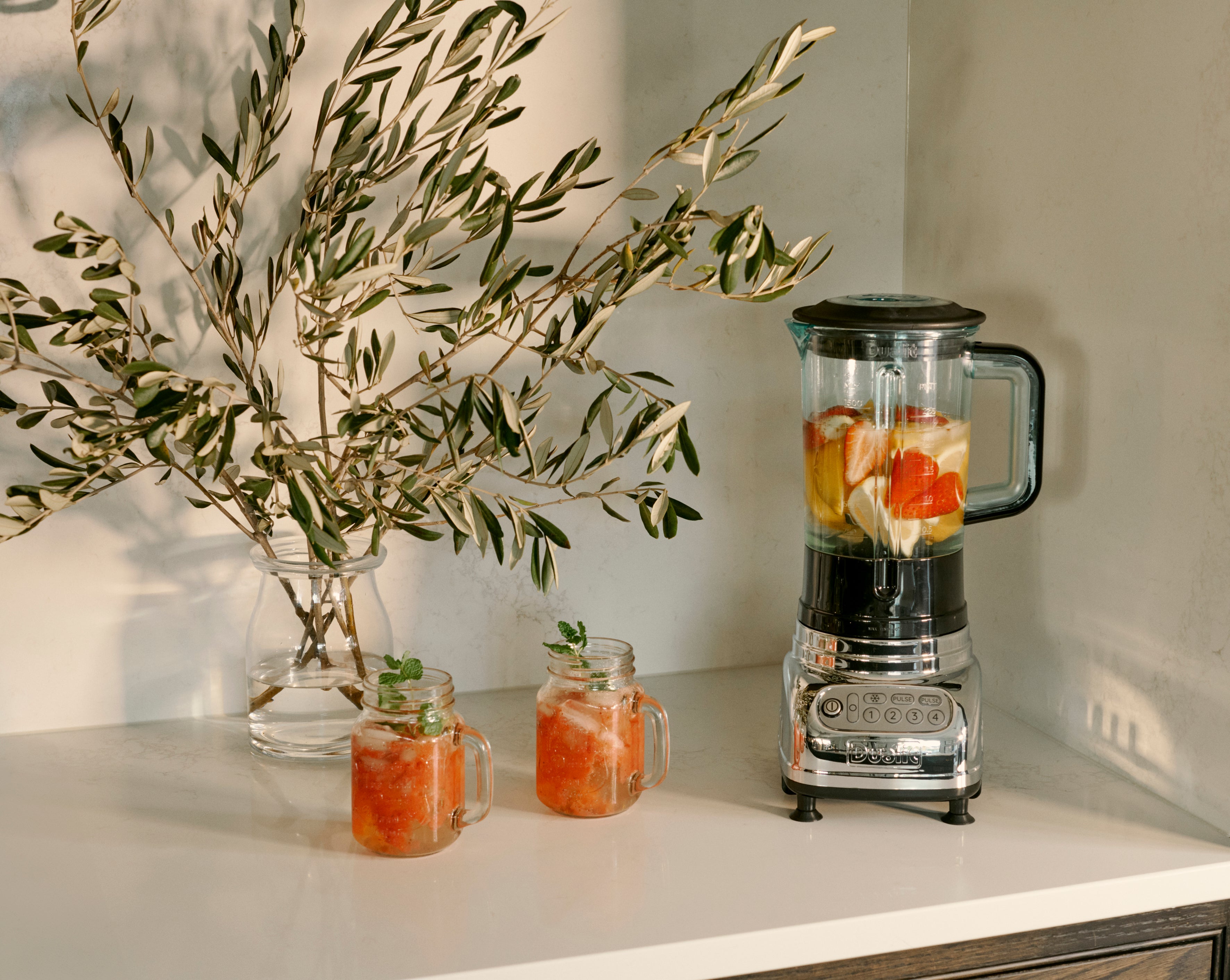
This strawberry lemonade recipe is the perfect partner for a day in the sunshine. Sit back and relax whilst sipping on this refreshing beverage. Topped with ice, fresh strawberries and a mint garnish,...
Read More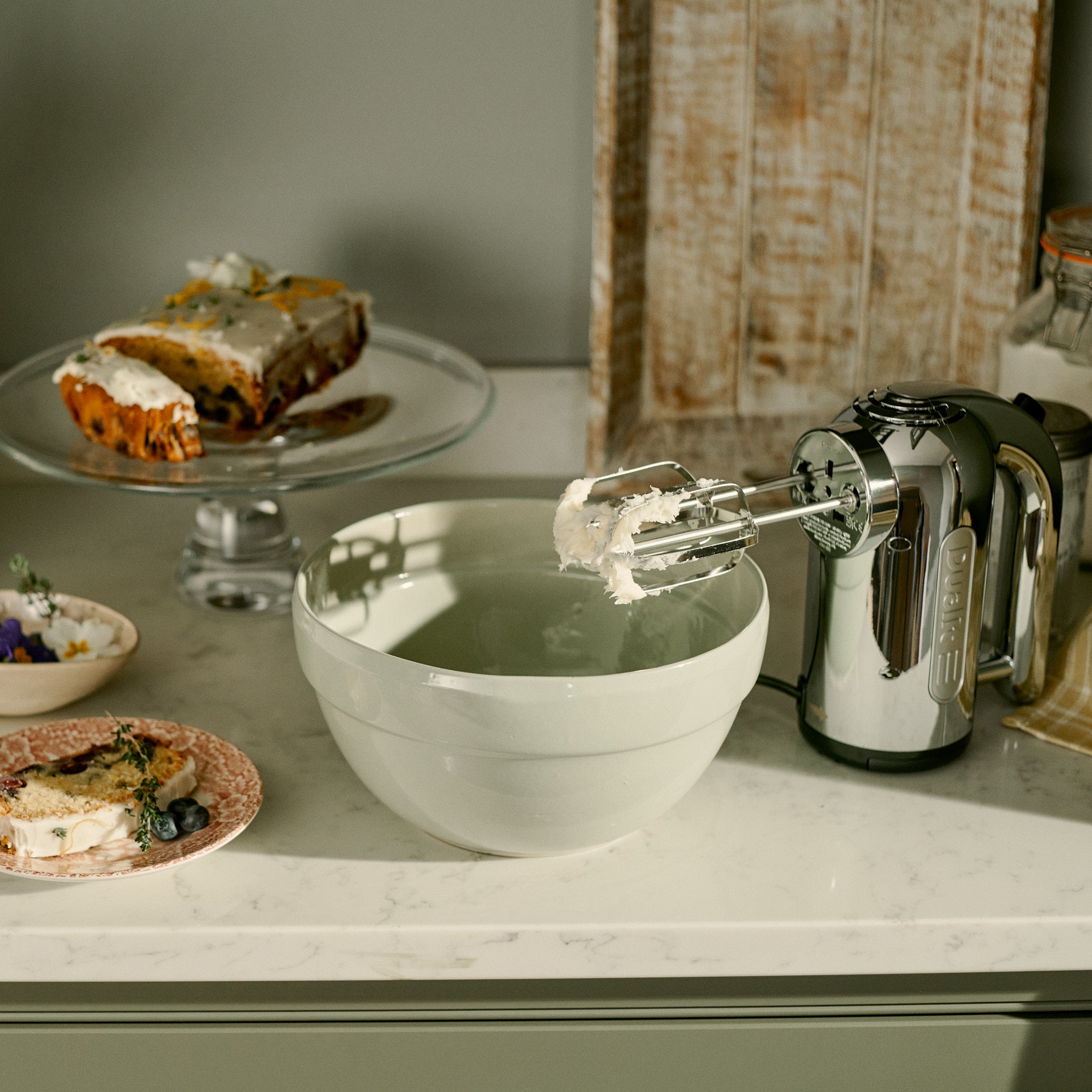
This Lemon & Blueberry loaf cake is a delicious afternoon treat. Light and fruity, it is great to enjoy with a cup of tea or in the sunshine this long...
Read More
Our Hot Cross Bun and Butter Pudding is a twist on the traditional and it is great made in the Air Fryer! This tasty treat is guaranteed to satisfy a...
Read More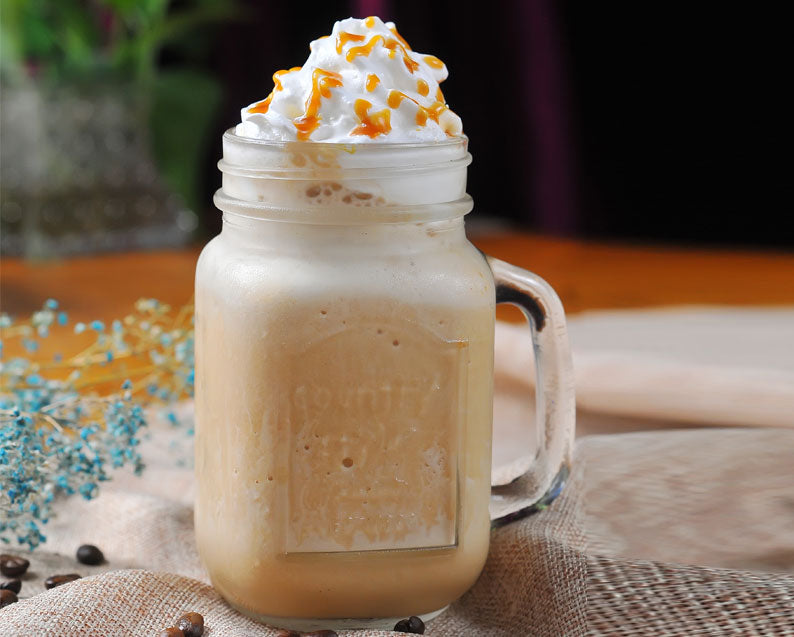
Spice up your coffee this Easter with the familiar taste of hot cross buns and deliciously rich caramel.
Read More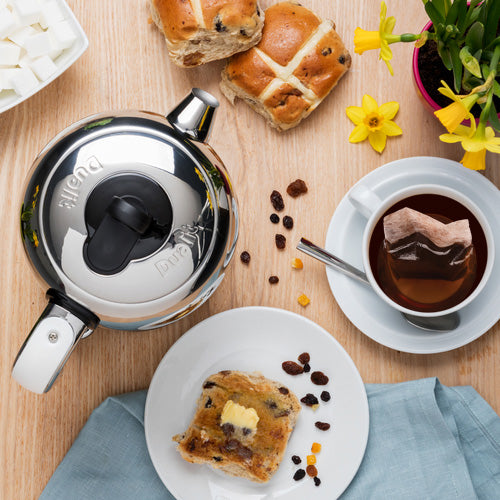
Homemade Hot Cross Buns taste truly delicious but many believe the task of making them is too difficult. We've come to the rescue!
Read More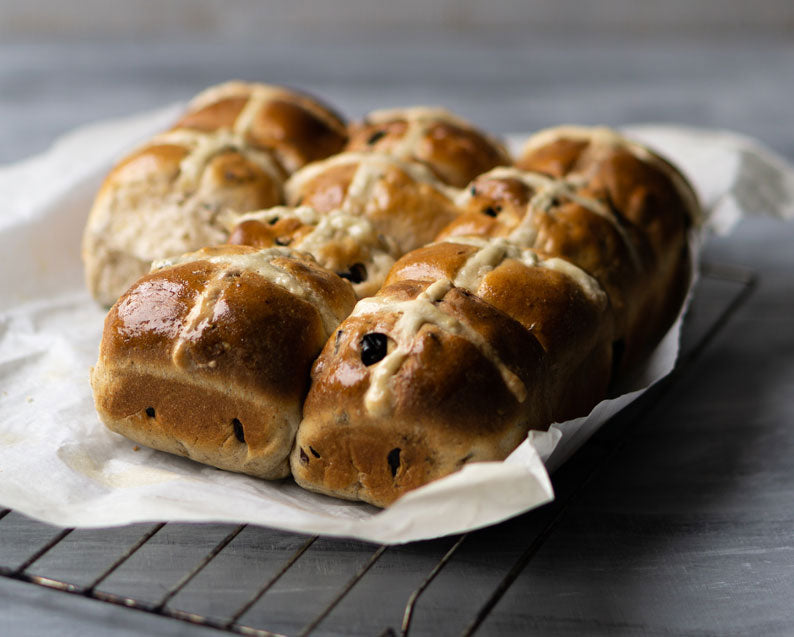
Great to enjoy with the whole family this Easter, this sweet and sticky tear 'n' share, vegan hot cross bun recipe will have you competing for the last piece!
Read More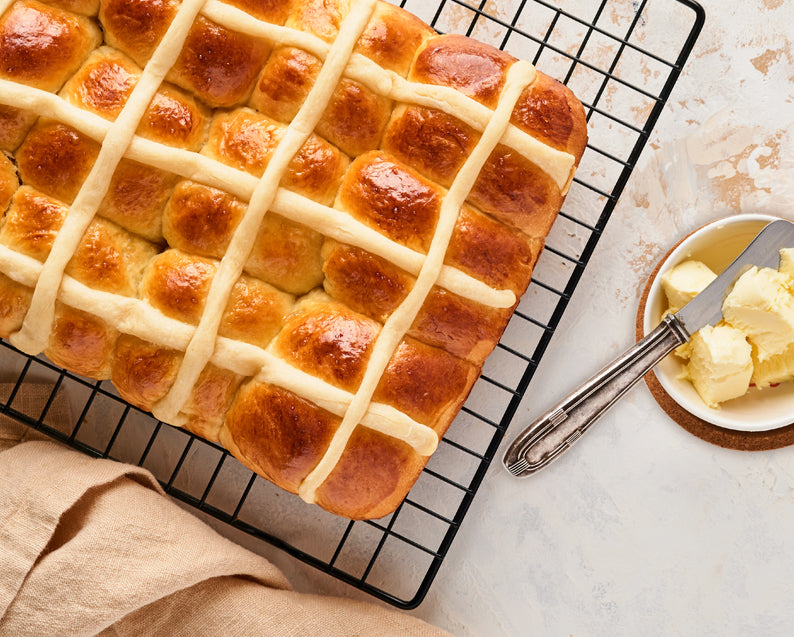
A fruity loaf made with marmalade in the style of a traditional hot cross bun.
Read More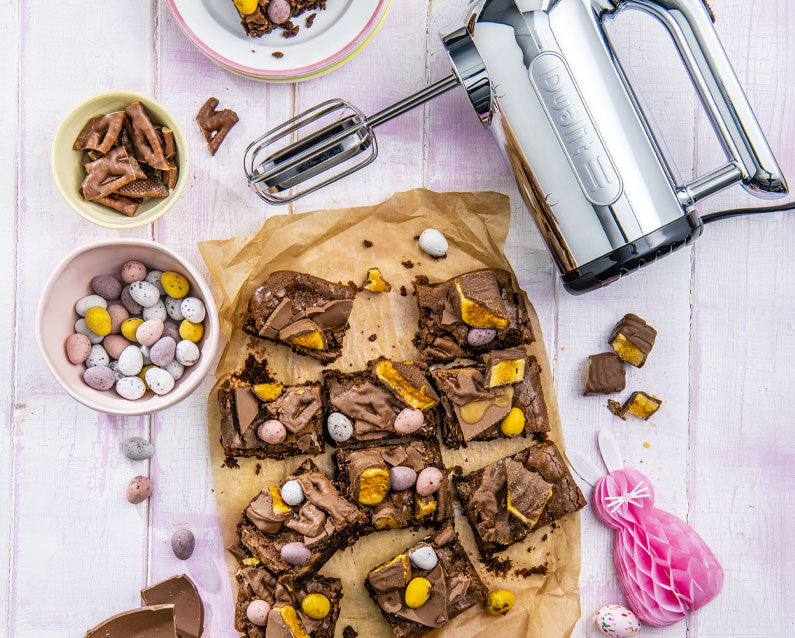
Are the Easter eggs taking too much room in the cupboards? Here is the recipe for you, created especially for Dualit by Annabel Karmel, the UKs No.1 children's cookery author!
Read More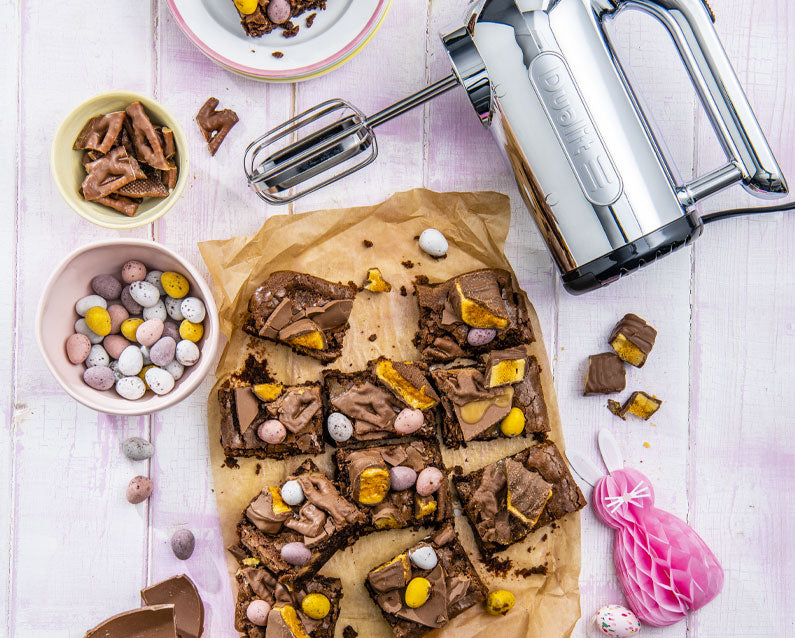
From egg hunts in the park to delicious feasts with friends and family, Easter provides the perfect reason to spend time with loved ones. Here, we pick out top Dualit...
Read More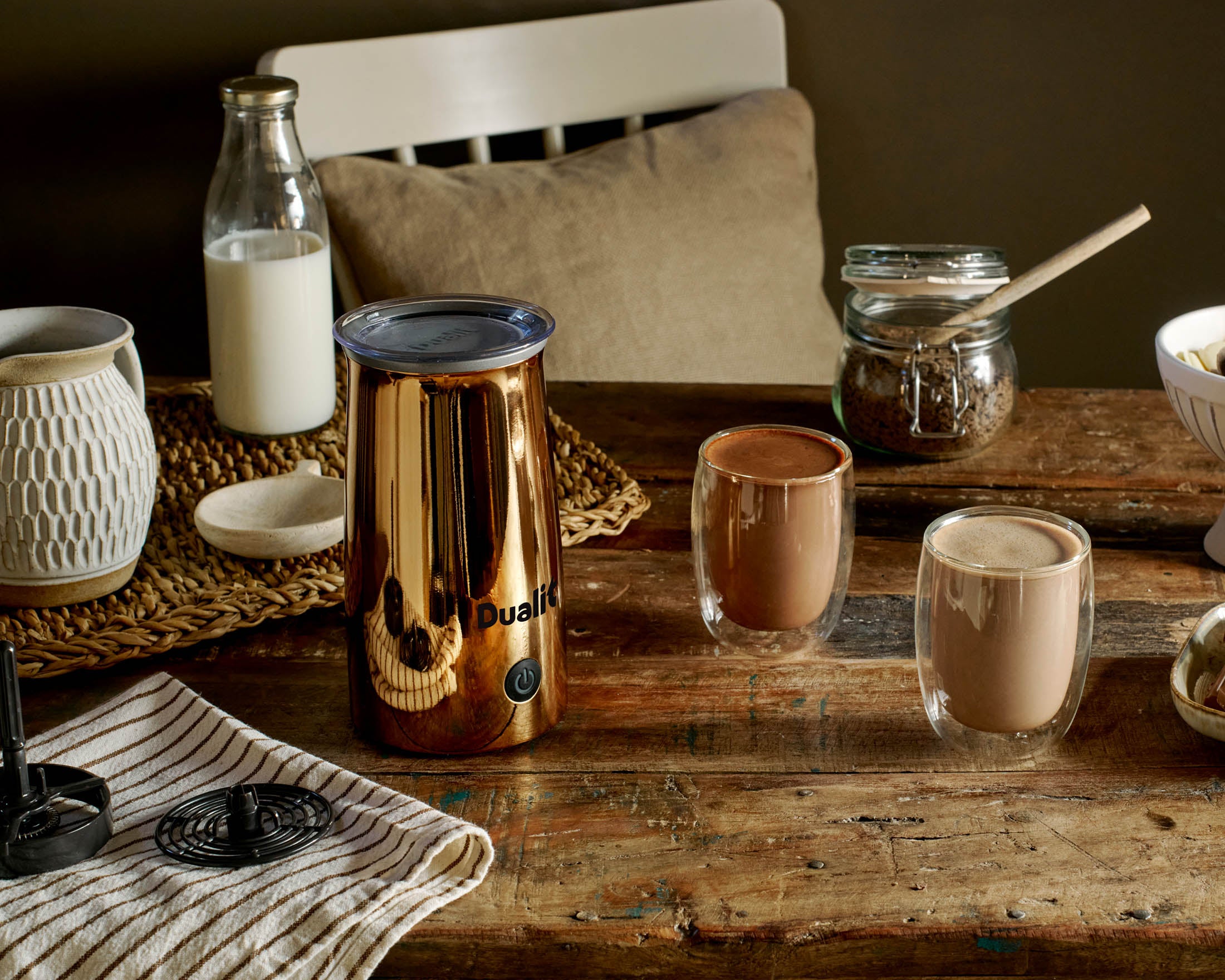
Our Cocoatiser and Handheld Milk Frother can be used with flakes, buttons or segments of chocolate, making it easy for you to use your favourite type of chocolate. Seamlessly creating luxurious Hot...
Read More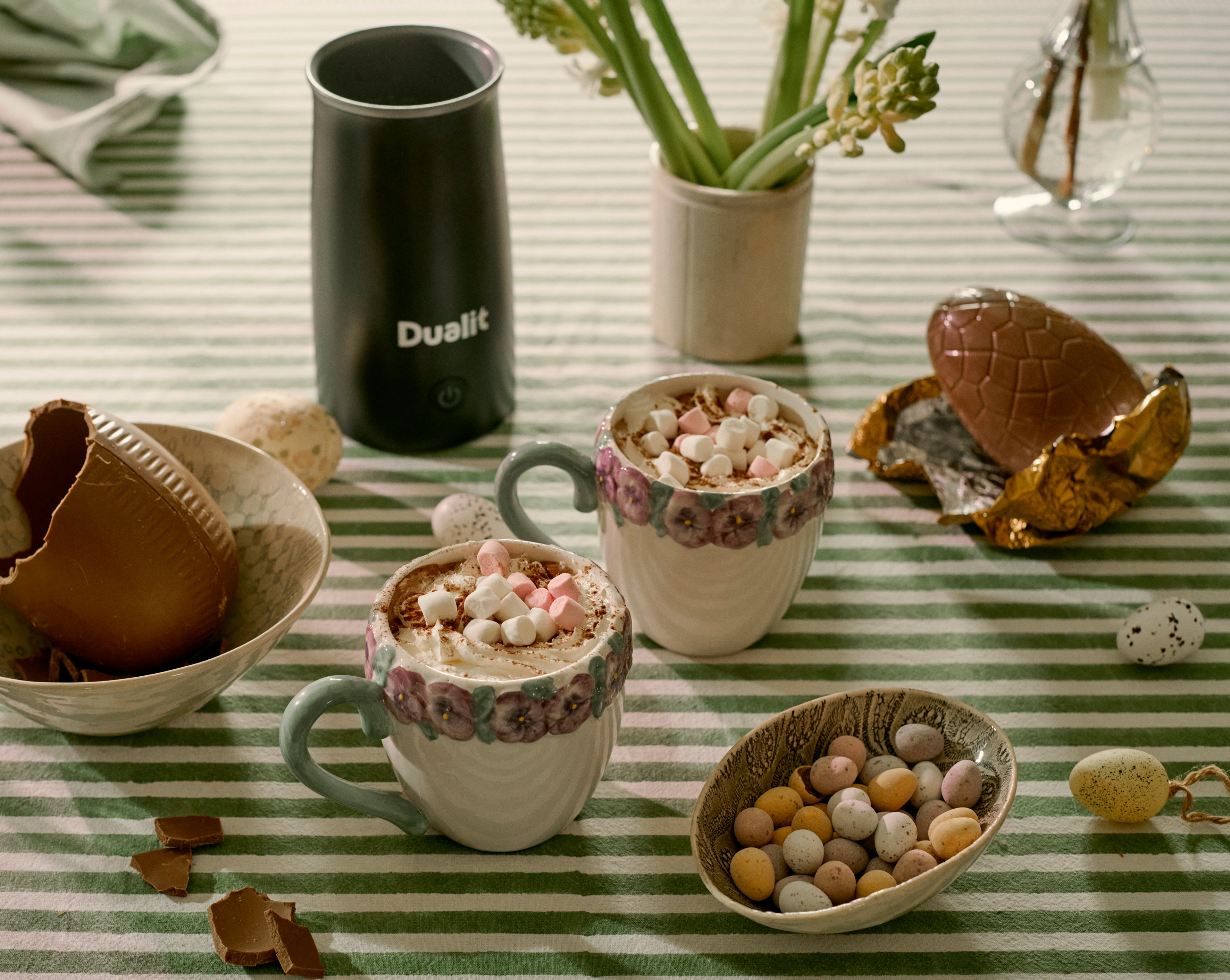
If you were lucky enough to receive one too many Easter eggs this year and you're not sure what to do with the leftovers, try making this easy and indulgent...
Read More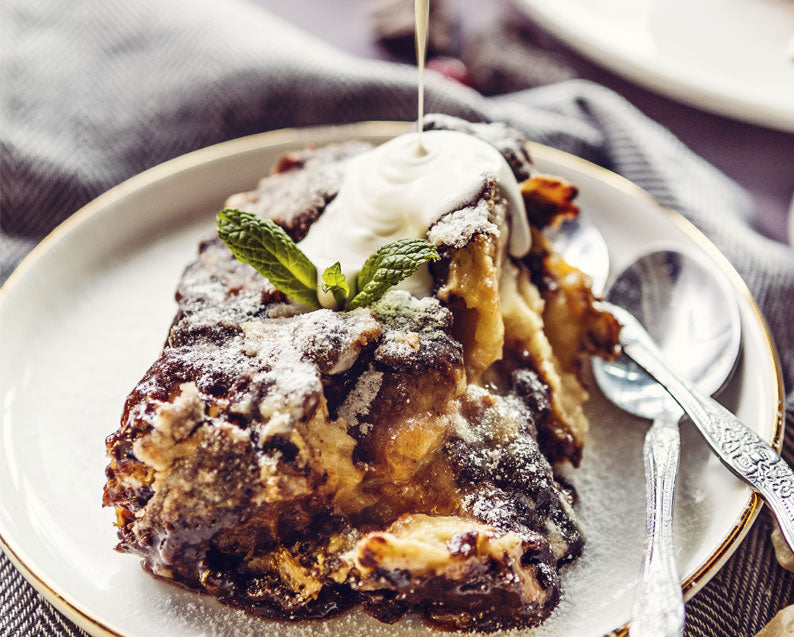
Mix up your traditional Easter feast with this delicious take on traditional bread and butter pudding - extra servings of mini eggs are essential!
Read More
Get the festive fun off to a flying start this Christmas with Annabel’s sleigh-stopping bake. Kids will love making and assembling Santa and his tasty team! Preparation Time: 15 minutesServings:...
Read More
Step into the festive season with a burst of flavor as we unwrap the magic of Christmas with our delightful take on a holiday classic – Pigs in Blankets!
Read More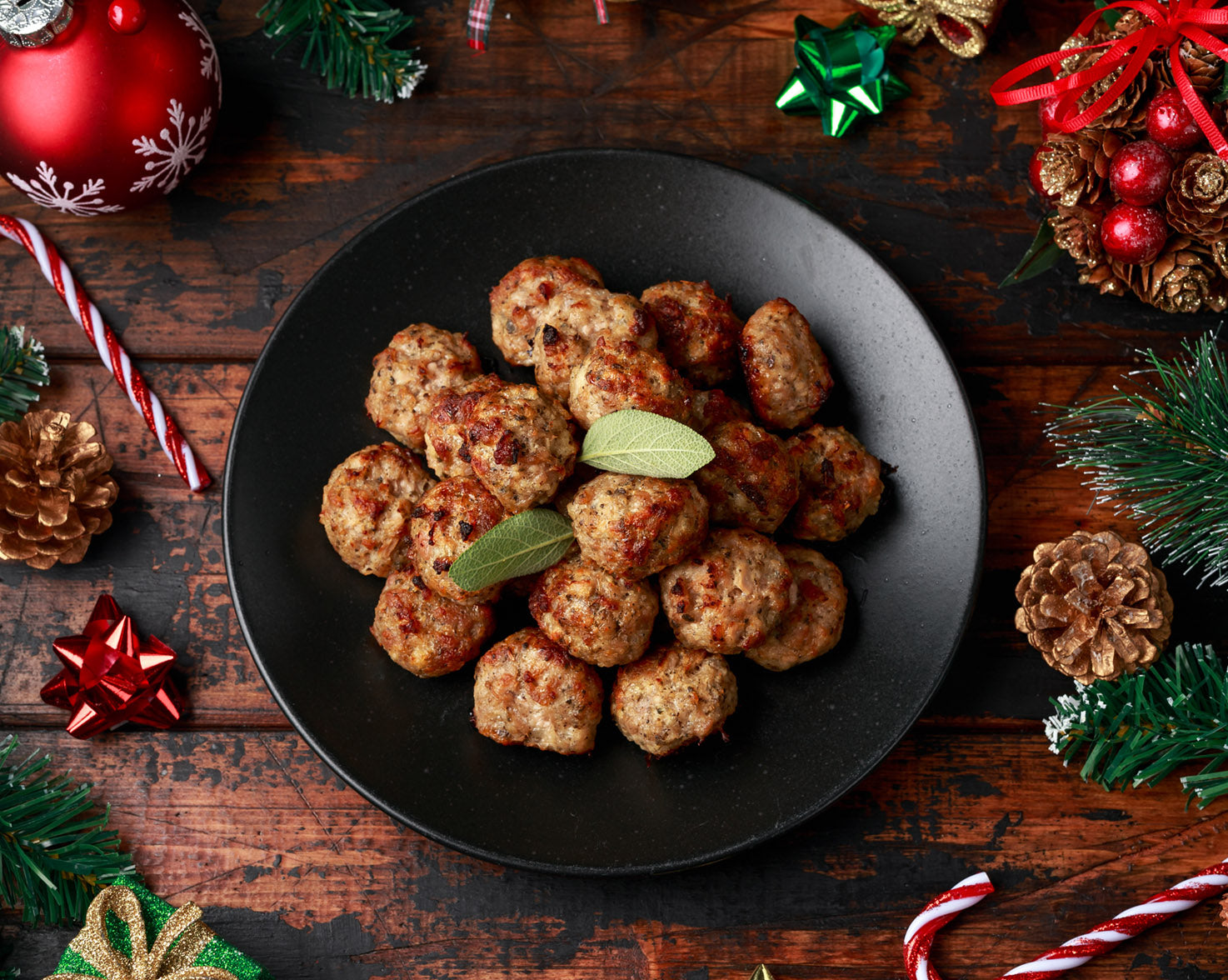
As the holiday season embraces us in a warm and festive glow, there's no better time to gather around the table and savor the delightful flavors of Christmas with our...
Read More